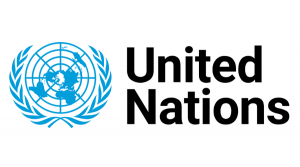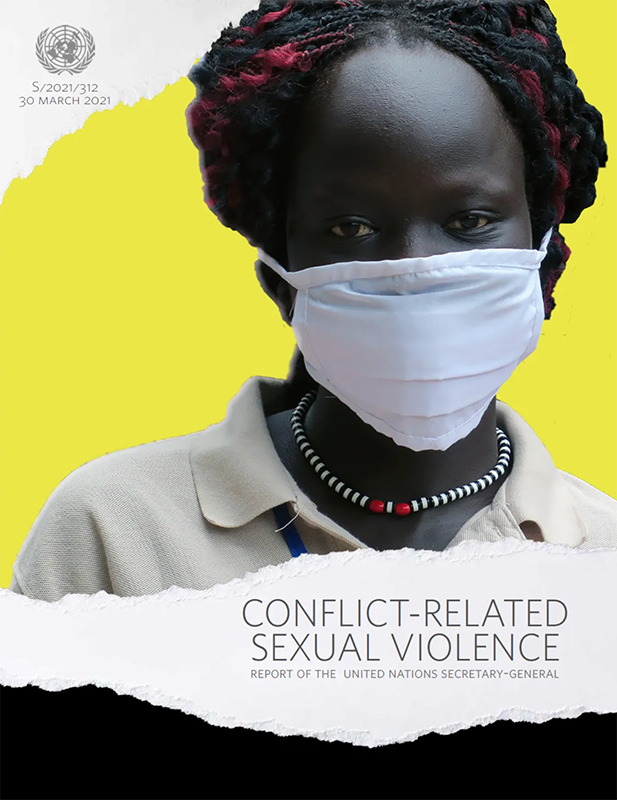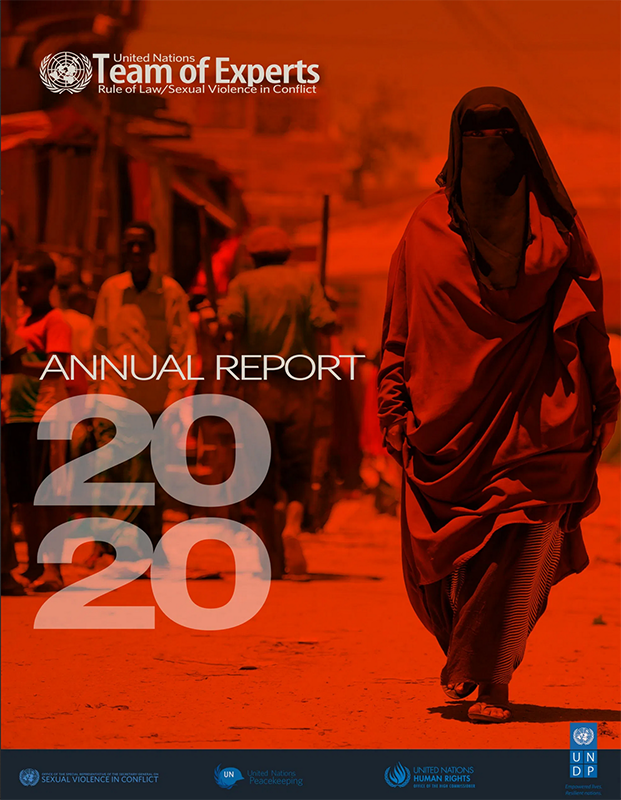

“We cannot allow this already underreported crime to slip further into the shadows. Perpetrators must be punished. Investment in recovery from the [COVID] pandemic must tackle the root causes of sexual and gender-based violence.”
UN Secretary-General António Guterres
The impact of COVID-19 on survivors of conflict-related sexual violence
The chronic underreporting of conflict-related sexual violence, due to stigma, insecurity, fear of reprisals, and lack of services, has been compounded by COVID-19 containment measures. Lockdowns, curfews, quarantines, fears of contracting or transmitting the virus, mobility restrictions, and limited access to services and safe spaces, as shelters closed and clinics were repurposed for the pandemic response, added a layer of complexity to existing structural, institutional and sociocultural barriers to reporting.
Proactive measures to foster an enabling environment for survivors to safely come forward and seek redress have become more urgent than ever.
The pandemic has laid bare the intersecting inequalities that plague our societies, as compounded by conflict, displacement, and institutional fragility. The only solution for these overlapping ills is an injection of political resolve and resources equal to the scale of the challenge.
Building back better
Building back better in the wake of this pandemic requires an inclusive, intersectional, and gender-informed approach. Pandemic recovery demands a paradigm shift: to silence the guns; amplify the voices of women, girls and all survivors; move boldly towards gender equality and address the root causes of conflict; invest in public welfare rather than the instruments of warfare, by reducing military expenditure and strengthening institutions; and shift the security paradigm to foster human security and the resilience of individuals and communities to social, environmental and economic shocks.
Promoting a new social contract
A gender-responsive global recovery from COVID-19 should not aim for a return to the pre-pandemic status quo, but instead promote a new social contract in which no one in power is above the law, and no one rendered powerless is beneath the protection of the law, with the ultimate goal of achieving true equality and justice. It entails decisive action to mitigate risks and prevent sexual violence, and to ensure that no one is left behind in the response.
Responses must be comprehensive, multisectoral, age-appropriate and survivor-centered, including life-saving medical care, sexual and reproductive health services, psychosocial support, livelihood assistance, socioeconomic reintegration support, and access to justice. Service coverage must reach survivors in rural, remote and border areas, as well as in refugee and displacement settings (S/2021/312).
2021 Event (virtual) — “Building back better: Supporting survivors of conflict-related sexual violence in the context of pandemic recovery”
2 p.m. to 3:30 p.m. EDT
Thursday, 17 June 2021
UN WebTV live webcast
Invitation card
Concept Note and Programme
Commemorating the 7th official observance, this year’s virtual event is co-hosted by the Office of the SRSG on Sexual Violence in Conflict, the Office of the SRSG on Children and Armed Conflict and the Permanent Mission of Argentina to the United Nations.
The purpose of the event is to stand in solidarity with the survivors and those working to support them on the frontlines, often at great personal risk, particularly in the current climate of intersecting crises. The event will provide a platform for strategic reflection on ways to integrate the specific rights, needs and perspectives of survivors of CRSV into national and regional COVID-19 response and recovery plans, to ensure they are not forgotten in a climate of intersecting crises and constrained resources.
Background
Definition and prevalence
The term “conflict-related sexual violence” refers to rape, sexual slavery, forced prostitution, forced pregnancy, forced abortion, enforced sterilization, forced marriage and any other form of sexual violence of comparable gravity perpetrated against women, men, girls or boys that is directly or indirectly linked to a conflict. The term also encompasses trafficking in persons when committed in situations of conflict for the purpose of sexual violence or exploitation.
A consistent concern is that fear and cultural stigma converge to prevent the vast majority of survivors of conflict-related sexual violence from coming forward to report such violence. Practitioners in the field estimate that for each rape reported in connection with a conflict, 10 to 20 cases go undocumented.
Click here to Read More…








